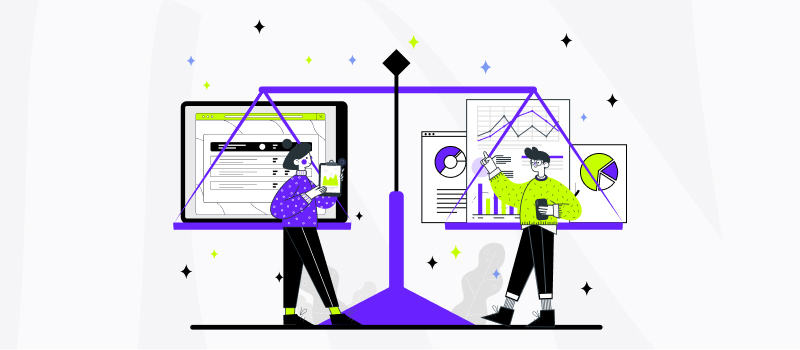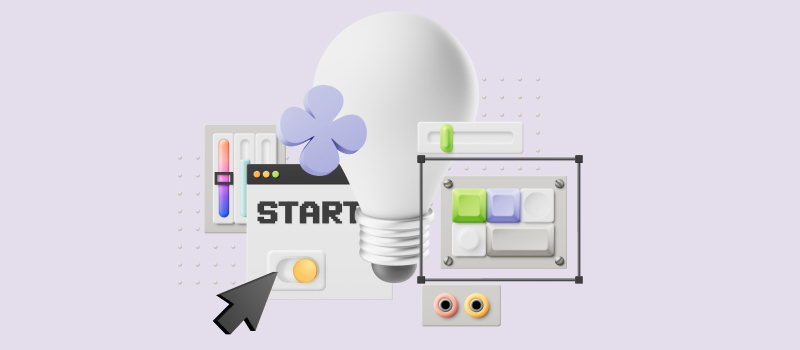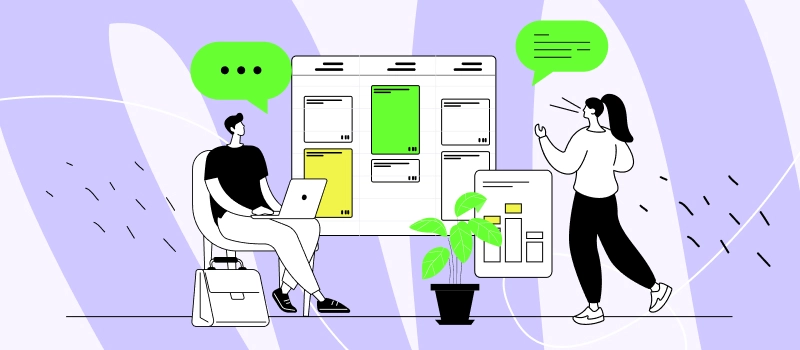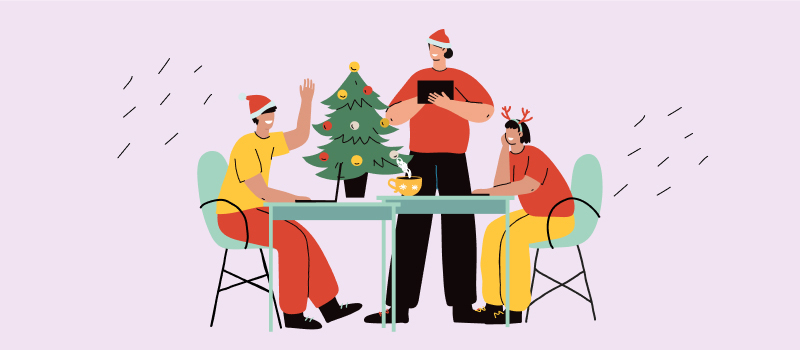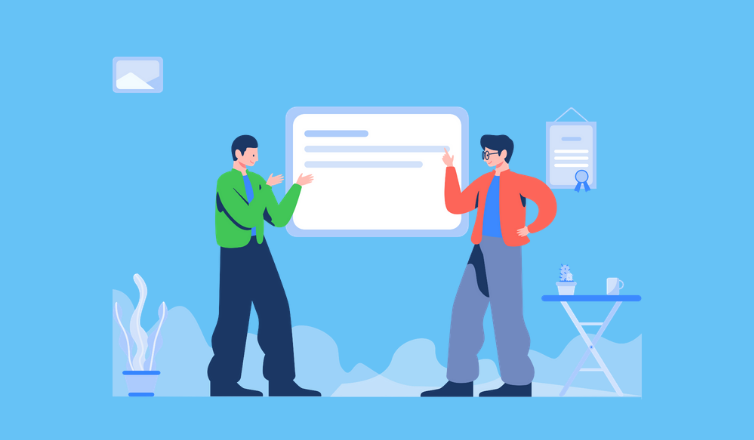
Bill Gates is a prominent American business magnate, philanthropist, and software developer who turned Microsoft into a dominant force in the software industry, with their flagship product, Microsoft Windows, becoming the most widely used operating system worldwide.
And he is famous for his ability to multitask effectively… which he probably never had. Moreover, he considers multitasking a distraction. But how does he achieve his incredible productivity then? By keeping things clear and straightforward and staying focused at all times.
“Maintaining focus is a key to success.”
“You should understand your circle of competence and what you’re good at and spend your time and energy there.”
For example, Bill Gates uses three separate monitors to deal with his emails. One displays the inbox, another – the email he’s working on, and the third – his desktop. This approach lets him allocate the needed attention for each piece of correspondence.
Does Multitasking Really Prevent Us from Maintaining Focus?
Actually yes. Multitasking hinders our ability to stay focused. When we multitask, we divide our attention between multiple activities. This decreases concentration and prevents us from focusing entirely.
Besides that, multitasking is mentally demanding, which leads to increased stress levels. Trying to juggle multiple activities simultaneously creates a sense of overwhelm, as we may feel pressured to switch between different responsibilities and meet multiple deadlines.
Simply put, our brains are not designed to handle multiple tasks. Some researchers suggest multitasking can be counterproductive and lead to reduced overall performance.
actiTIME Comment
There’s no problem at all in staying productive and efficient without multitasking. Productivity is about working smart, not just working hard.
1. Start by identifying your most important tasks or goals. Prioritize them based on urgency and importance. Create a to-do list or schedule that outlines your tasks for the day, week, or month.
2. Set specific time blocks for different tasks or categories of work. Dedicate uninterrupted periods to focus solely on one task before moving on to the next.
3. Avoid switching between tasks or trying to do multiple things simultaneously. Give your full attention and effort to each task before moving on to the next.
4. Minimize potential distractions that can disrupt your focus. Put your phone on silent mode, close unnecessary tabs on your computer, and create a quiet workspace. Consider using productivity apps or browser extensions that block distracting websites or limit your time spent on them.











































